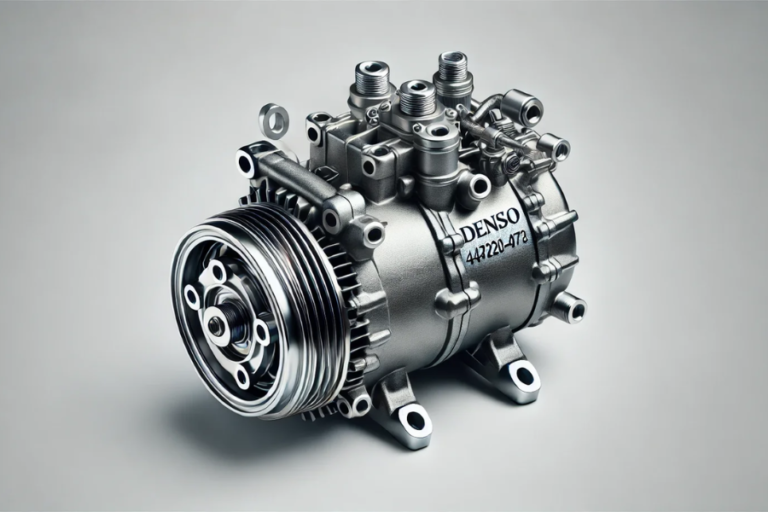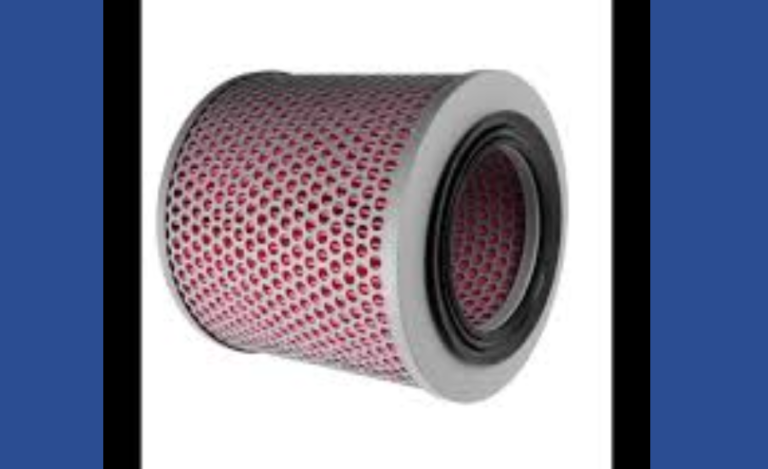Puppy:1azdln0ha3y= Golden Retriever: Essential Nutrition Tips for Optimal Health
puppy:1azdln0ha3y= golden retriever Welcoming a golden retriever puppy into your home is an exhilarating experience brimming with joy and excitement. These charming dogs are more than just visually appealing—they are celebrated for their affectionate disposition and keen intelligence. As you begin this rewarding journey, it’s crucial to understand the specific health and dietary requirements of your golden retriever puppy. Ensuring proper nutrition is key to fostering a vibrant and healthy life for your new companion.
Establishing a balanced diet is fundamental to supporting your golden retriever puppy’s growth and development. With an abundance of information at your disposal, choosing the right diet for your puppy can feel daunting. This guide is designed to simplify the process, offering insights into selecting high-quality food and creating a feeding routine that meets your puppy’s unique needs. Let’s explore how to build a nutritious foundation that will contribute to countless happy moments with your beloved puppy!
Understanding the Nutritional Requirements of a puppy:1azdln0ha3y= golden retriever

Golden Retriever puppies have unique nutritional requirements that are crucial for their proper growth and development. In their first year, it’s important to provide a well-balanced diet that includes a mix of proteins, fats, vitamins, and minerals.
Protein is essential for building muscle and supporting overall health. Opt for high-quality protein sources such as chicken or fish to be listed as the main ingredients in their food.
Fats also play a vital role by supplying energy and aiding in the absorption of important nutrients. Omega-3 fatty acids, in particular, contribute to healthy skin and a glossy coat.
Key vitamins, including A, D, E, and various B vitamins, are important for boosting the immune system and supporting metabolic functions. Minerals like calcium are crucial for bone development, especially important for Golden Retrievers, who can be prone to skeletal issues.
Selecting a food formulated specifically for large-breed puppies will ensure that the nutrient ratios are appropriately adjusted for their growth needs during this formative period.
Selecting the Best Nutrition for Your Puppy
Choosing the right food for your puppy is essential to their health and well-being. Given the energetic and playful nature of Golden Retrievers, their diet should be tailored to support their active lifestyle.
Opt for high-quality commercial dog foods specifically designed for puppies. These products are formulated to provide the essential vitamins and minerals needed for healthy growth. Check the ingredients list to ensure that real meat is the primary component.
If your puppy has food sensitivities, grain-free options might be worth considering, but it’s best to consult with your veterinarian first. Some grains can be beneficial and provide important dietary fiber.
Homemade meals can also be a good choice, provided they are well-balanced and include all necessary nutrients such as proteins, fats, and carbohydrates.
When introducing new foods, do so gradually to prevent digestive issues. Pay close attention to how your puppy responds to different diets, and make adjustments as needed to ensure they remain healthy and happy.
Homemade Diet vs. Commercial Puppy Food for Golden Retrievers

When deciding how to feed your Golden Retriever puppy, you might find yourself weighing the benefits of homemade meals versus commercial dog food. Homemade diets allow you to use fresh ingredients and tailor meals to your puppy’s specific needs, giving you control over their nutrition.
However, creating a balanced homemade diet can be complex, as puppies require precise nutrient levels for optimal growth. Consulting with a veterinarian or a canine nutritionist is highly recommended to ensure you’re meeting all their dietary requirements.
On the other hand, commercial puppy foods are designed to meet established nutritional standards. They are formulated with the essential vitamins and minerals your puppy needs and are convenient to use.
Many pet owners opt for the convenience of commercial food but choose to enhance their puppy’s diet with homemade treats from time to time. This balanced approach provides both the reliability of store-bought food and the personal touch of home-cooked meals, making mealtime enjoyable and nutritious for your Golden Retriever.
Key Nutrients for Golden Retriever Puppies
Golden Retriever puppies require a well-rounded diet full of essential nutrients to fuel their growth and maintain their energy levels. Key to their development is protein, which supports muscle growth and overall health.
Healthy fats are also crucial, providing energy and contributing to a glossy coat. Omega-3 fatty acids, in particular, support cognitive development and brain function.
Carbohydrates are vital for providing energy during their playful activities. Whole grains, such as brown rice or oats, are excellent choices that help keep their digestive system running smoothly.
Vitamins and minerals are important as well. Calcium promotes strong bones, while vitamin D aids in the effective absorption of calcium. Including a variety of fruits and vegetables in their diet helps ensure they receive these essential nutrients.
Don’t forget about hydration; always provide fresh water to keep your puppy well-hydrated throughout the day. This balanced approach to their diet will support their overall health and well-being.
Feeding Routine and Portion Guidelines for Golden Retriever Puppies
Creating a consistent feeding schedule for your Golden Retriever puppy is essential for developing healthy eating habits. Aim to provide meals three to four times a day, spacing them evenly throughout the day.
Portion sizes should be adjusted based on your puppy’s age and weight. Typically, feeding around ½ cup to 1 cup of food per meal is a good starting point, but you should adjust portions as your puppy grows. Regularly monitor their weight and body condition to ensure they are growing at a healthy rate and not becoming overweight or underweight.
Choose high-quality puppy food designed to meet their growth and energy needs. Always adhere to the feeding guidelines provided on the food packaging or consult your veterinarian for personalized advice.
Treats can be a great way to reward your puppy, but they should constitute no more than 10% of their daily caloric intake. Moderation is key to maintaining a balanced diet while training or rewarding good behavior.
Keep an eye on your puppy during mealtime, as they can be eager eaters. Supervise them to avoid gulping or potential choking hazards and ensure they enjoy their food safely.
Common Health Concerns in Golden Retriever Puppies and the Role of Proper Nutrition
Golden Retriever puppies are celebrated for their friendly personalities and energetic playfulness, but they can be susceptible to certain health issues during their early years.
One common concern is hip dysplasia, a genetic condition that affects the proper development of the hip joint and can lead to arthritis as the dog ages. A diet rich in omega-3 fatty acids can support joint health and may help reduce the risk of this condition.
Obesity is another issue, as Golden Retrievers are known for their love of food, which can lead to weight gain. Providing measured portions of high-quality puppy food helps ensure your puppy gets the right balance of nutrients without extra calories.
Skin allergies are also prevalent in Golden Retrievers. Opting for foods with limited ingredients or hypoallergenic options can help identify and manage allergy triggers, leading to healthier skin.
In addition to addressing these specific concerns, a well-balanced diet supports overall immune health, helping your puppy stay strong and vibrant throughout their growth and development.
Guidelines for Ensuring a Healthy Diet for Your Puppy

Paying close attention to a few important aspects is necessary to make sure your Golden Retriever puppy eats a nutritious diet. To help them maintain a healthy weight and prevent overfeeding, start by measuring their food servings precisely.
To maintain a well-rounded diet and to keep mealtimes exciting, gradually introduce a range of high-quality meals. This can involve combining several kibble or moist food varieties.
For hydration, fresh water should always be available. This is crucial for active breeds like Golden Retrievers.
When it comes to treats, choose healthful selections that don’t exceed your daily calorie intake and steer clear of overly sugary snacks.
Regularly evaluate your puppy’s body condition to ensure they are not overweight or underweight, and adjust their diet as needed.
For personalized advice, consult with your veterinarian about your puppy’s specific dietary needs, particularly during growth spurts or if health concerns arise.
Create a positive mealtime experience by incorporating training exercises and consistent feeding routines to promote good eating habits from the start.
Final Words
Welcoming a Golden Retriever puppy into your home is a joyful experience that requires attention to their specific health and dietary needs. To ensure your puppy thrives, it’s essential to provide a balanced diet rich in proteins, healthy fats, and key vitamins and minerals. Opt for high-quality commercial puppy food or consult a vet if considering homemade meals to ensure nutritional adequacy.
Establish a consistent feeding schedule, offering meals three to four times daily, with portion sizes adjusted based on growth and weight. Monitor your puppy’s condition regularly and be mindful of treats, keeping them within 10% of their daily calorie intake.
Address common health issues like hip dysplasia and obesity with appropriate nutrition and regular vet check-ups. Maintaining a positive feeding routine and proper hydration supports your Golden Retriever puppy’s overall well-being and development.






